Mr Sirat Khan, Consultant Trauma & Upper Limb Orthopaedic Surgeon, Trauma Lead Royal Free London
Mr Sirat Khan
Consultant Trauma & Upper Limb Orthopaedic Surgeon, Trauma Lead Royal Free London
Mr Sirat Khan FRCS (Tr&Orth) BSc Anat (Hons) PhD (Trauma)
Consultant Trauma & Upper Limb Orthopaedic Surgeon, Trauma Lead Royal Free London
Mr Sirat Khan
Consultant Trauma & Upper Limb Orthopaedic Surgeon, Trauma Lead Royal Free London FRCS (Tr&Orth) BSc Anat (Hons) PhD (Trauma)
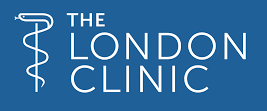

Areas of expertise
- Upper Limb
- Arthroscopic upper limb techniques
- Minimally invasive
- Trauma and orthopaedics
- Traumatic disorders of the entire upper limb including soft tissue reconstruction



About Mr Sirat Khan
GMC number: 6104180
Year qualified: 2004
Place of primary qualification: University of London
Areas of expertise
- Arthroplasty surgery
- Minimally invasive and arthroscopic upper limb techniques
- Soft tissue reconstruction
- Trauma and orthopaedics
- Traumatic disorders of the entire upper limb
- Upper limb
Frequently asked questions
Why do you do what you do?
I'm passionate about trauma and orthopaedics and disability. I loved that, as a specialty, we are able to help patients back to a higher level of functioning and get them back to their daily living activities and hobbies. I went through my own set of injuries growing up, so I really identified with my patient population. I started as a very junior doctor during the London bombings at the Royal Free Hospital. It was this experience that drew me to be involved in trauma and orthopaedics. Choosing upper limb surgery, specifically shoulder and elbow, was due to the incredible mentors I had throughout my training. I enjoyed the subspecialty immensely. However, my mentors really helped me excel and develop a passion for the work. Giving patients back their ability out of the depths of disability is what I'm truly dedicated to.
What are the common symptoms that your patients tend to present with?
I'm a trauma surgeon and upper limb specialist. It mainly involves shoulder, elbow, hand and wrist pathologies, such as aches and pains in the shoulder, reduced range of motion, sports injuries to the elbow and wrist, among other conditions.
What are the treatments that you're able to offer your patients?
I have a pretty comprehensive trauma and orthopaedic portfolio. When it comes to the shoulder pathologies, they can vary according to age. In the younger population, it tends to be rotator cuff pathologies, impingement and instability. Pathologies in the older population tend to be arthritic conditions of the elbow, shoulder and wrist; lumps and bumps in the hand; and nerve pathologies, such as carpal tunnel syndrome or cubital tunnel disease. Upper limb pathology can be so varied and that is why I love my craft. Furthermore, that is why we cover such a vast array of signs and symptoms presenting with patients, such as any numbness or tingling in the upper limb, any weakness or inability of patients to get back to their previous activity.
What are your areas of sub-specialist interest?
The most common symptom that my patients tend to present with is shoulder pain. Patients come and see me about night pain, pain on getting dressed, pain while performing overhead activities, with shoulder pain being the most common symptom.
Professional memberships

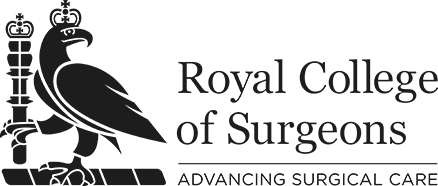
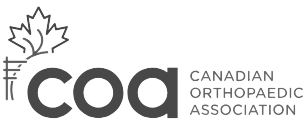
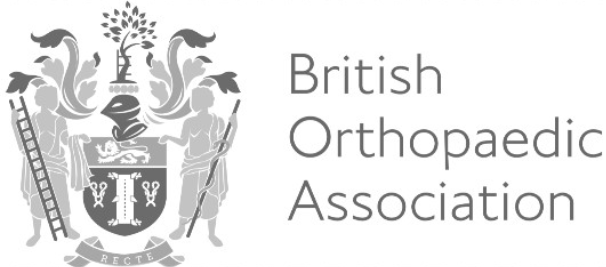
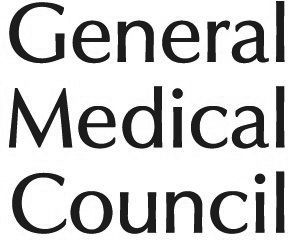
Articles by Mr Sirat Khan
Damage control resuscitation using blood component therapy in standard doses has a limited effect on coagulopathy during trauma hemorrhage
Thromboelastometry diagnosed acute traumatic coagulopathy (ATC) identifies trauma patients with poor clinical outcomes better than disseminated intravascular coagulation (DIC) scoring
Fibrinogen levels during trauma hemorrhage, response to replacement therapy, and association with patient outcomes

















